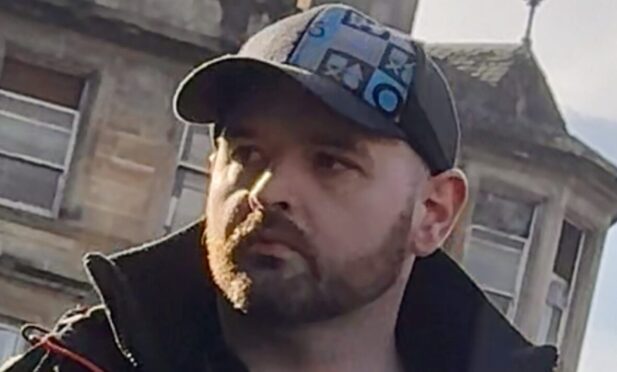Patients in Tayside and Fife were forced to wait more than four months for cancer treatment following “urgent” referrals, official statistics reveal.
Although both local health boards are marginally above the national rate of 84.6% of patients with an urgent referral for a suspicion of cancer starting treatment within 62 days, criticism has been made of a postcode lottery across Scotland.
From April–June, 85.3% of patients were seen within two months in Tayside and 87.1% in Fife. The target is 95%.
The maximum wait for treatment in Fife was 132 days and 122 days in Tayside.
Gregor McNie, Cancer Research UK’s head of external affairs in Scotland, said: “Healthcare staff in Scotland are working harder than ever to diagnose and treat people with cancer. But despite their best efforts, the 62 day target continues to be missed.
“Staff shortages are a serious concern. To diagnose cancer earlier, we need to carry out more tests and this requires more staff.
“The Scottish Government must act swiftly to ensure there are enough staff in Scotland to deliver the vital tests people need.”
North East region Scottish Conservative MSP Bill Bowman said there has been a “worrying decline” in NHS Tayside’s performance.
He said: “It is a consistent fall over the past year which shows there may be more to it than anomalous statistics.”
Liberal Democrat health spokesman Alex Cole-Hamilton called the figures “massively disappointing”.
He said: “Any patient will tell you of the anxiety they face while waiting to start treatment. It’s irresponsible and dangerous to leave them waiting this long.”
Health Secretary Jeane Freeman admitted performance against the 62 day wait from referral to treatment was “simply not good enough.”
Professor Peter Stonebridge, Medical Director for the Operational Unit in NHS Tayside, recognised cancer diagnoses were worrying for patients and said their families is working hard to improve services.
He said: “We have faced significant staffing challenges in our highly specialised urology service which is under significant pressure across the country. Whilst the staffing issue has now been resolved, it adversely affected our overall cancer performance.
“Delivering waiting time targets is challenging month-on-month as some patients require a series of major investigations to ensure correct treatment. This can, understandably, take some time.
“Our cancer teams work extremely hard ensuring every patient is tracked through each stage of their journey.
“By doing this, we can intervene or escalate cases immediately if there appears to be any delay in treatment and we will always work to minimise factors producing delays.”









